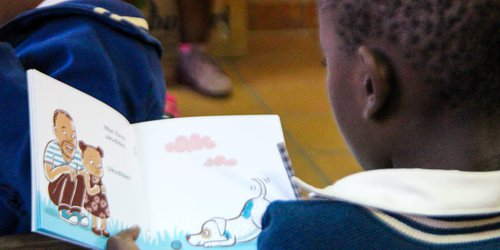What I teach my kids about Politics
What I teach my kids about Politics
I have always been very passionate about politics, our beautiful country and the politics (and various philosophies and ideologies) which in turn drive our nation (it was this passion which motivated me to attain a degree in politics, philosophy and economics). Being a blogger, I also have an innate desire to have my voice heard and it will therefore come as no surprise that I feel very strongly about voting in elections. Seeing as teaching our children values and principles is arguably one of the cornerstones of parenthood, I have decided to write down the three lessons I wish to teach my kids about politics, elections and the importance of voting:
Politics is not a taboo subject (keep an open mind and be tolerant)
I clearly remember the 1994 elections so prevalent in our country’s history and I specifically remember one of the conversations I had with my parents about who they were voting for (I was about 10 at the time). They said that we should keep our political beliefs and who we are voting for to ourselves. The general rule being, that when we are in conversation we have to avoid the subject of politics at all cost.
This reasoning of course makes sense because it is a subject many people feel very passionately about and it can lead to uncomfortable situations when people do not agree with each other’s opinions and convictions. I, however, do not agree with this rule at all.
We are adults who should possess the maturity to not take things personally. If someone does not agree with your point of view, it’s ok. Discuss the various pros and cons of each other’s convictions, beliefs and preferred political parties with an open mind and if neither can agree with the other, then agree to disagree. It really is that simple. There is no need to get emotional and aggressive about something which you have no control over. And maybe the other person has thought of something which has never even crossed your mind. We can learn so much from each other.
We live in a culturally diverse country and we are exposed to different belief and value systems daily, which means that we have to be tolerant in our daily lives. Why is it that when the subject of politics arises, people forget how to be tolerant? I definitely do not agree with various belief systems but I respect the fact that others do and I expect that same level of respect in return. Be tolerant of each other.
Know who you are voting for (and the principles they represent)
Let’s just be real here for a minute: I am not voting for a political party who promises basic services like refuse removal and running water. These are basic infrastructure related issues that any leadership in a country should automatically strive for. I am voting for a party who mirrors my beliefs and values, a party who believes in abiding by laws, making the country safe so that its citizens can move around freely, a party who will ensure that my rights and the rights of my children are protected. I am voting for a party who lays as much importance on principles like educating our children, as I do.
The beauty of a functioning democracy is that we have the right to form our own opinions and our own values and we have the right to vote for a political party which embodies those very values. Do not vote for a party simply because everyone is voting for them or because someone else says that this is the correct party to vote for. Read the party manifestos, make up your own mind about who you wish to vote for and be assured that the party you are voting for will keep your interests at heart once in power.
Voting is a super power (you have a voice - let it be heard)
Whenever I walk out of a voting station, after I have made my mark on my ballot paper, I feel like a superhero with a golden cape blowing in the wind, a spotlight lighting up my blonde locks: I have made my voice heard and I have personally tried to make a change, to better our society.
Voting is simple math. Say for example we live in a society made up of 10,000 citizens and every single citizen votes, the voter turnout is 100%. Party A wins with 51% and Party B loses with 49%. Five years later, 1000 citizens are not happy with the leadership and representation (or lack thereof) of Party A, but instead of voting for Party B they choose not to vote, because as so many people say, ’what is the point?’. So,instead of 10,000 people voting, we only have 9,000 people voting. The percentage votes however still get worked out based on the 9,000 people who vote, the total voters therefore equating to 100%. The result: the rest of the population who vote, still vote the same. i.e. Party A wins with 51% and Party B loses with 49%. Now, if the 1000 disgruntled citizens had voted for Party B, they would have affected a major change.
Vote, even if your specific values and political views are in the minority, at least there is someone in a position of power who is representing them. And who knows, maybe there are 1000 others (which could amount to the parents of children in your child’s school) who feel the same as you.
Be a superhero and vote. Your voice counts.










